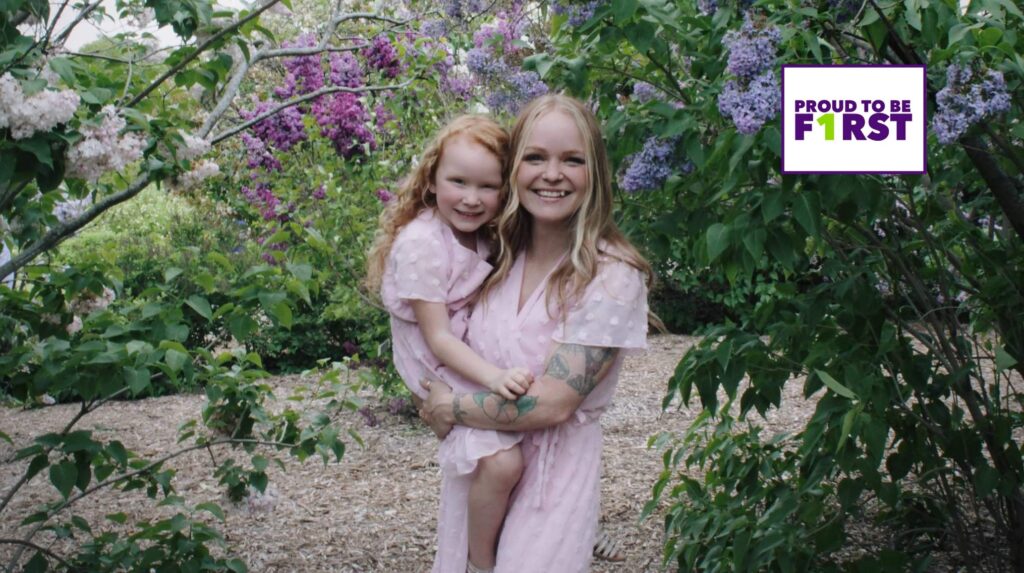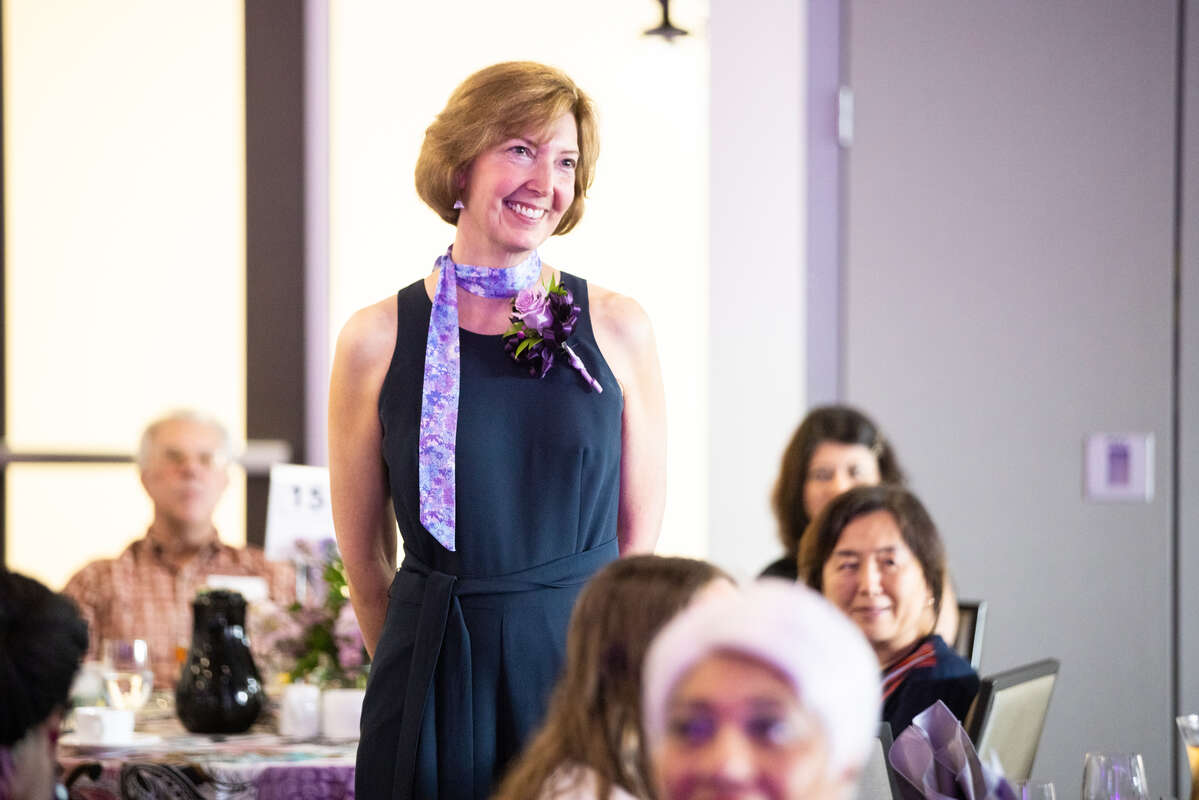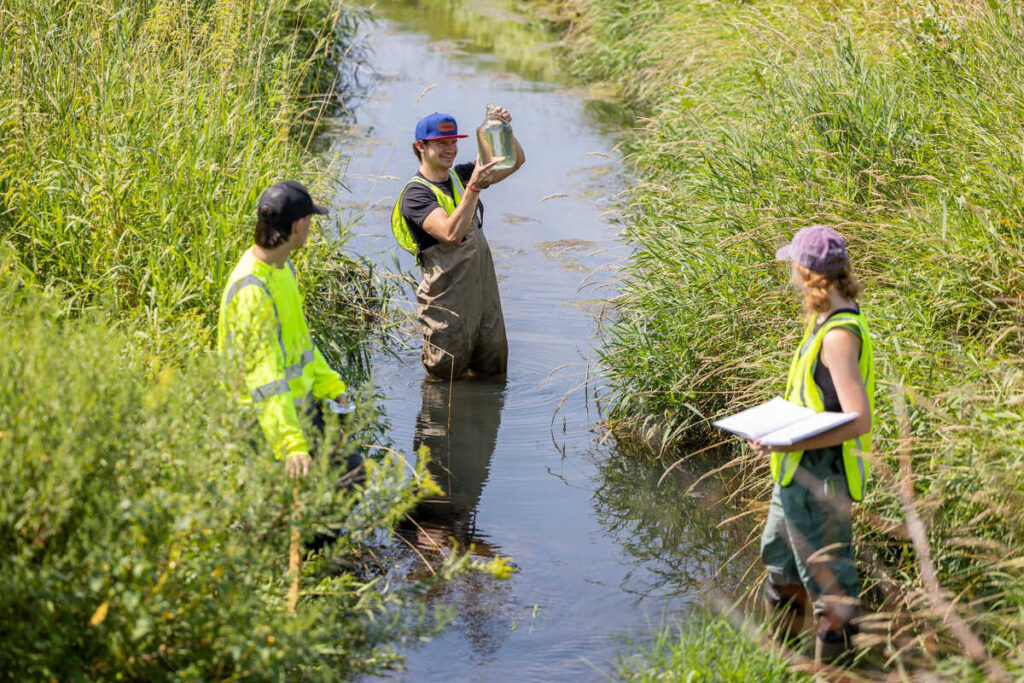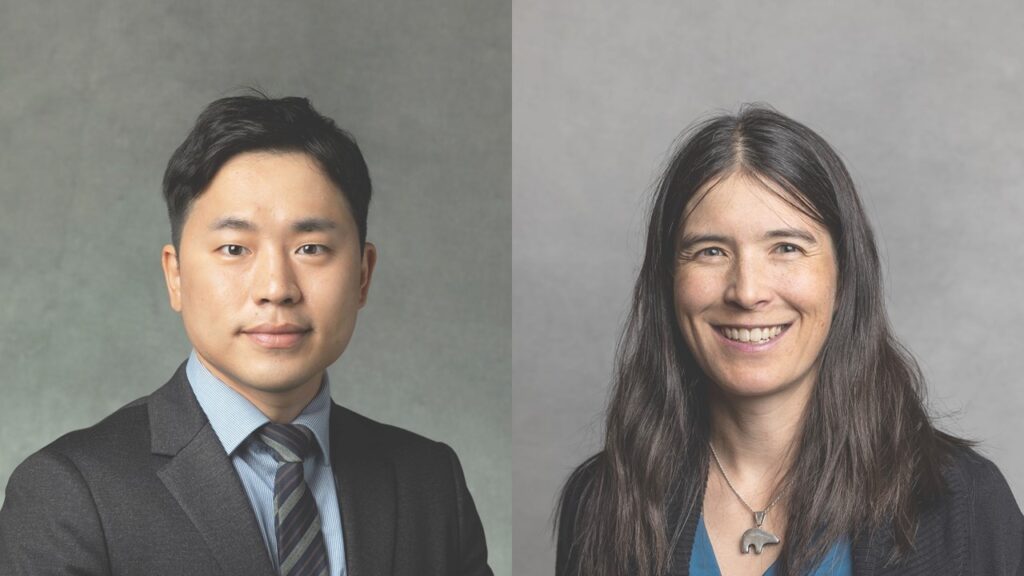Transitioning to college is already a difficult challenge, but being the first to do so in your entire family is even more challenging. At the University of St. Thomas, there are staff and faculty who understand that themselves, including Dr. Erika Scheurer, who was a first-generation student and is now an incredibly respected professor. She was named the university’s Professor of the Year in 2021.
Scheurer is an associate professor of English who also has directed the Writing Across the Curriculum program, a universitywide initiative to nurture a culture of writing across all academic disciplines, since its beginning in 2009. Scheurer has worked at St. Thomas for 30 years.
Scheurer started her life’s journey in Baltimore, Maryland, where her parents moved to from Germany after World War II. She was the middle sister in a family of six; her father was a baker and her mother cleaned houses. When she went to Notre Dame of Maryland University to complete her undergraduate degree as a first-generation student, it was a challenge to adjust to something she had no connection to or experience.
“Back then, we didn’t have that idea of first-generation students,” Scheurer said. “I didn’t realize I was a first-generation student until quite a few years later. So, at the time, I just sort of felt like maybe I didn’t quite fit in. A lot of my friends and other people I met at college seemed to think all of it was quite normal and knew what they were doing.”
As hard as it was to adjust, Scheurer had professors who gave her encouragement and took her under their wing. Knowing how much that helped her, Scheurer applies her gratitude to them by helping any first-generation student she sees at St. Thomas who may or may not be struggling.
“I’ve been particularly sensitive to my students who identify themselves as first-generation,” Scheurer said. “When I know a student is first-generation, I ask them: How’s it going? Are they making connections on campus? Are they comfortable; do they need any support? I think that’s important.”
Related Content
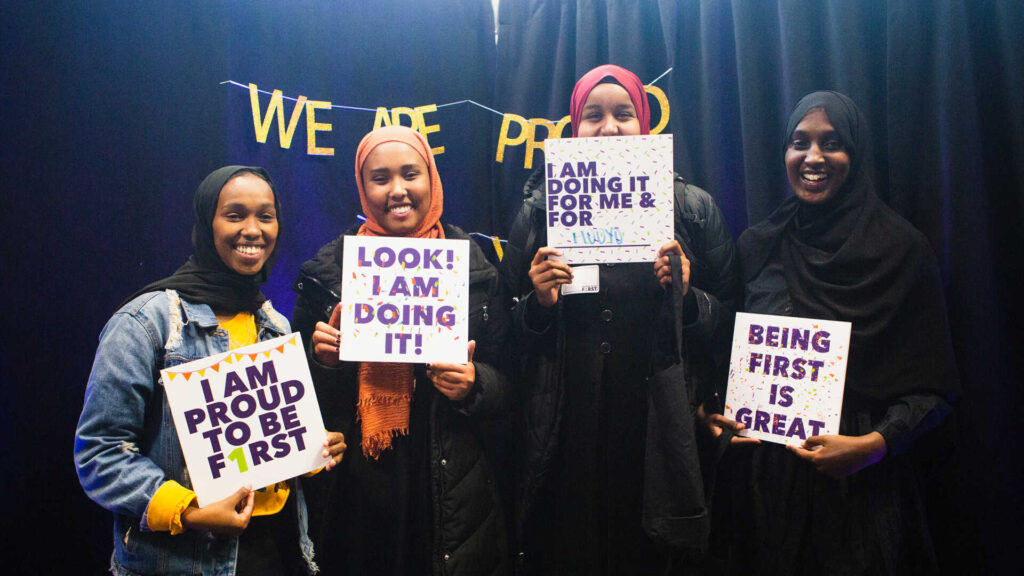
Breaking Barriers: First-Generation Students Find Support, Belonging at St. Thomas
St. Thomas 2025 - Foster Belonging and Dismantle Racism